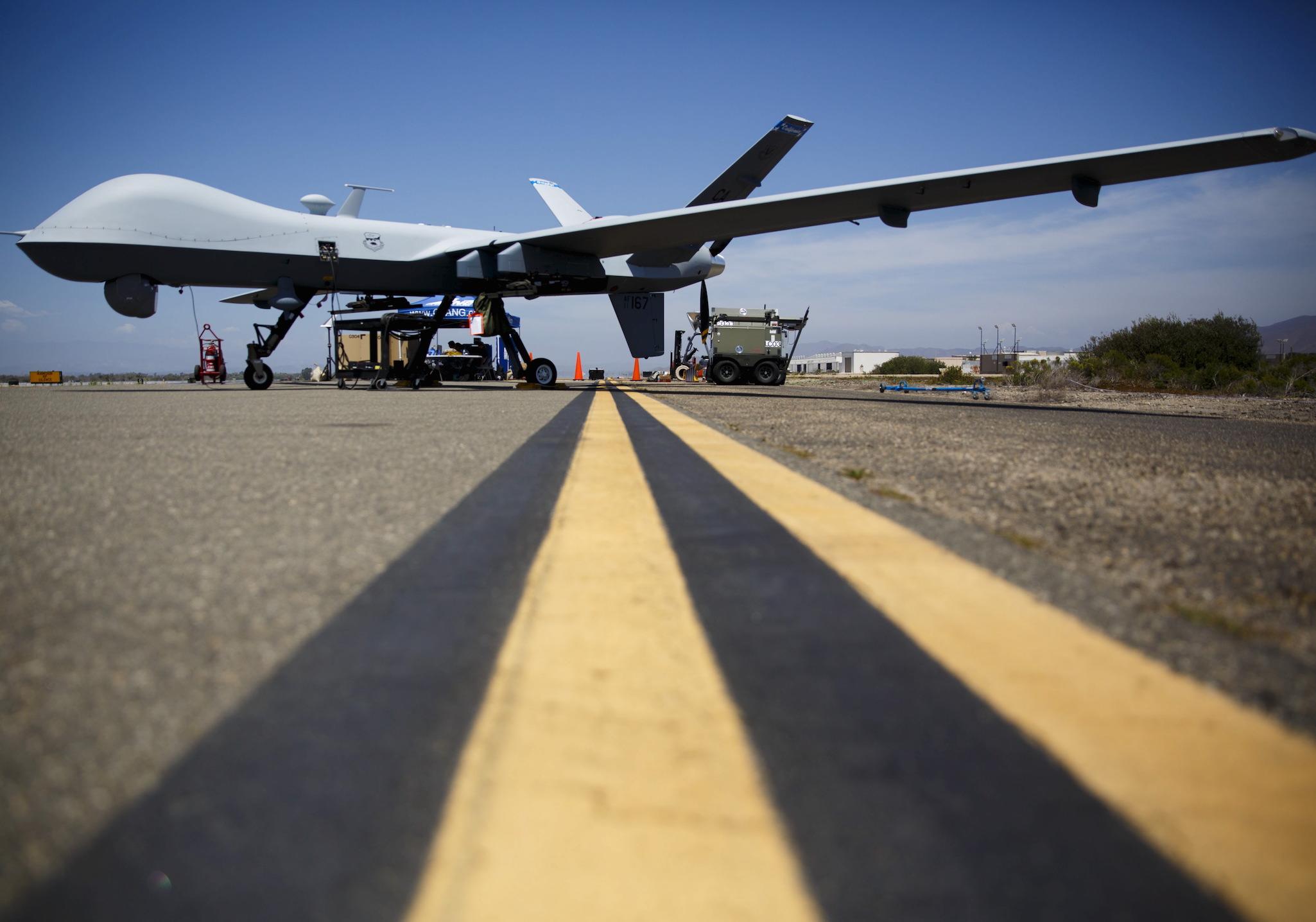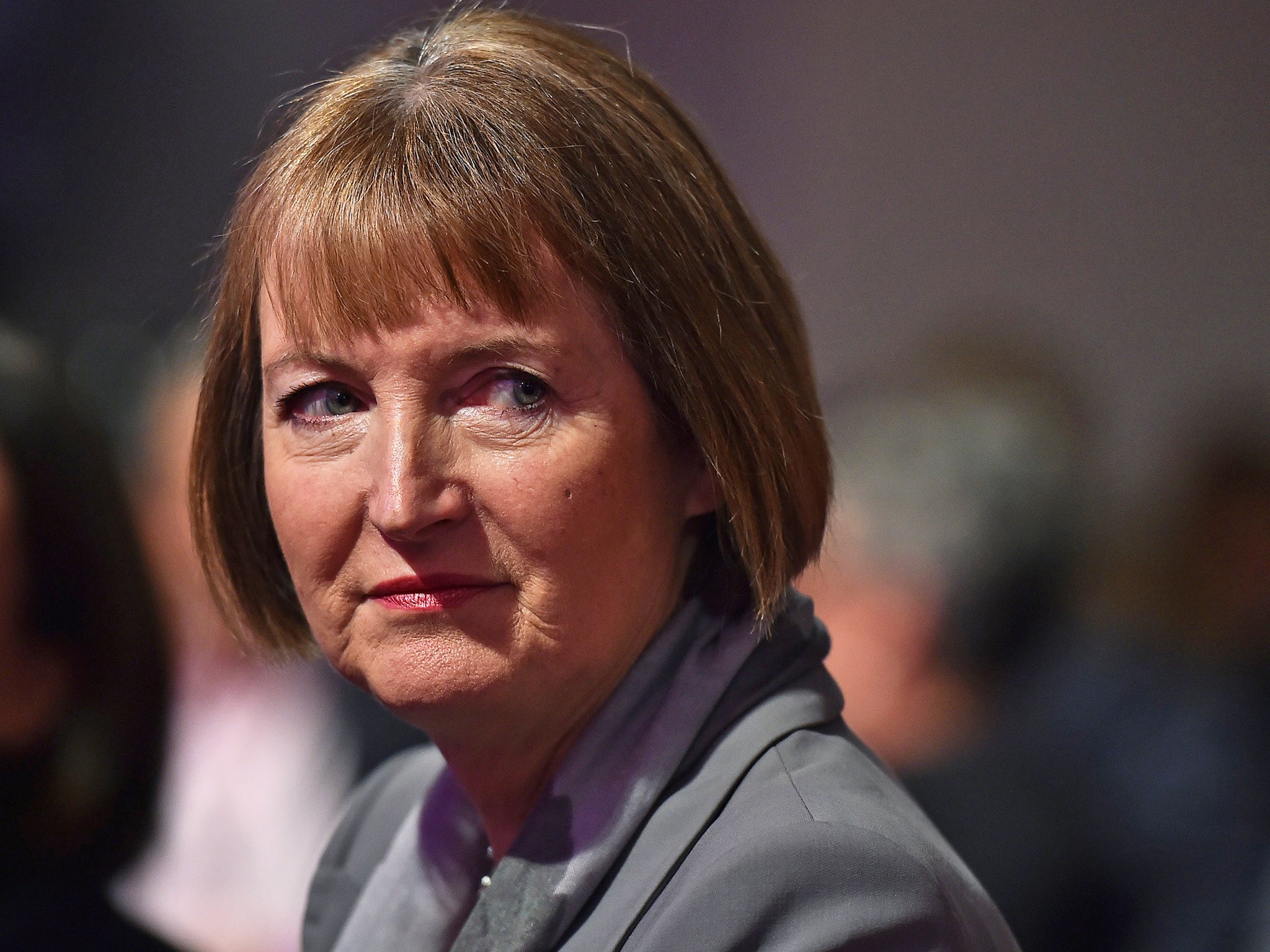The Government won’t explain when it thinks it is OK to kill people with drones
MPs and peers say the lack of transparency on the policy is ‘not good enough’

Your support helps us to tell the story
From reproductive rights to climate change to Big Tech, The Independent is on the ground when the story is developing. Whether it's investigating the financials of Elon Musk's pro-Trump PAC or producing our latest documentary, 'The A Word', which shines a light on the American women fighting for reproductive rights, we know how important it is to parse out the facts from the messaging.
At such a critical moment in US history, we need reporters on the ground. Your donation allows us to keep sending journalists to speak to both sides of the story.
The Independent is trusted by Americans across the entire political spectrum. And unlike many other quality news outlets, we choose not to lock Americans out of our reporting and analysis with paywalls. We believe quality journalism should be available to everyone, paid for by those who can afford it.
Your support makes all the difference.The Government has been accused of leaving a grey area around whether and how it will use targeted drone strikes to assassinate people outside of times of war.
Parliament’s Joint Committee on Human Rights said it was “disappointed that the Government has refused to clarify its position in relation to the use of lethal force outside armed conflict”.
Harriet Harman, the Labour MP who chairs the committee, said it was “simply not good enough” for the Government to refuse to make clear its policy on the extrajudicial killings.
Last year David Cameron justified the killing of British citizens fighting in Syria via a drone strike.
“We took this action because there was no alternative,” he said of the RAF strike in a statement to the Commons in September.
“In this area, there is no government we can work with. We have no military on the ground to detain those preparing plots.”
The Joint Committee, which includes MPs and peers, said the Government had not clarified whether it was applying the laws or war to the killings, would not say under what circumstances the European Convention on Human Rights applies.

The Government had previously said the question was “hypothetical” and that this was a reason not to answer it.
Ms Harman said: “The Government has stated that it follows ‘detailed and developed thinking’ when applying the law to its use of lethal drone strikes but this has not been fully demonstrated in its response to our report,” she said.
“Greater insight has been provided into the broad approach the Government takes in establishing what terrorist threats merit the use of force. However the Government has chosen not to answer the most important questions raised by our report concerning its understanding of the legal framework which governs the use of lethal drone strikes outside armed conflict.
“It is simply not good enough for the Government to refuse to answer this on the grounds that it is a hypothetical question, when in the course of our inquiry it stated that it would be prepared to resort to such use of lethal force for counter-terrorism purposes even outside of armed conflict.
“Parliament is entitled to expect an explanation of the Government’s view of the legal justification for such a use of force before it happens, rather than wait until it does.”
Join our commenting forum
Join thought-provoking conversations, follow other Independent readers and see their replies
Comments